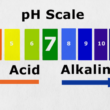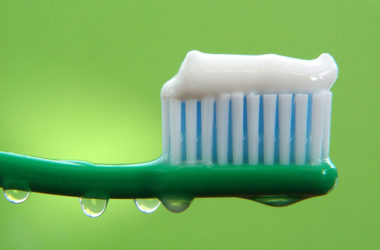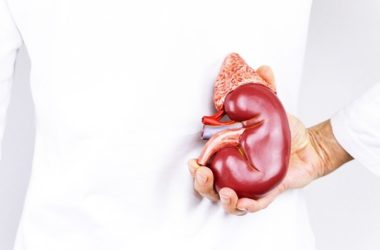Who hasn’t experienced a tummy ache? It’s something that may show up after having your meal. Sometimes it strikes sporadically. There are times when it is short-lived and there are instances when it persists for a long time.
Did you know that it’s not just your stomach that could be held responsible for an aching tummy? Just about any organ situated in your abdominal region, such as your liver, pancreas and small intestine, can leave you with a painful belly. The symptoms and the results of certain tests a doctor runs can help pinpoint the root cause.
Continue reading to know some of the most common causes of a tummy ache:
Ulcers
One of the most common causes of abdominal pain is having ulcers in the stomach and even the duodenum. If you have ulcers, it’s not unlikely for you to experience pain after eating as well as in the middle of the night. The culprit behind can either be the intake of non-steroidal inflammatory drugs (NSAIDs) or the H. pylori bacteria.
GERD
Short for gastroesophageal reflex disease, GERD is a condition wherein food and stomach acids flow back into the esophagus due to a weakened sphincter that separates the stomach from the esophagus. The kind of pain associated with GERD is called heartburn, a burning sensation in the chest and upper stomach.
Gallstones
Your gallbladder is found under your liver, and it secretes bile that’s important for the digestion of fat. Sometimes cholesterol, bile pigments and calcium salts collect and harden, forming what’s known as gallstones. Especially after having a fatty meal, gallstones cause pain that comes from the right side of your upper abdominal area.
Pancreatitis
A large gland situated at the back of your stomach, your pancreas secretes juices to aid in the digestive process. The pancreas may become inflamed due to a variety of causes, such as cigarette smoking and excessive alcohol intake. Pancreatitis causes a burning type of pain in the center of the upper part of your abdomen. It’s not unlikely for it to leave you with shooting pain in the back, as well as nausea and vomiting.
Lactose Intolerance
There are many people on the planet who are incapable of digesting lactose, a kind of sugar in milk and various milk products. If you’re just like them, you have lactose intolerance. This condition not only leaves you with an aching tummy, but a few other uncomfortable symptoms too. They include indigestion, excessive burping, bloating, gas and diarrhea.
Gluten Intolerance
Some people develop unfavorable reactions upon ingesting food with gluten, a kind of protein that’s found in the likes of wheat, rye and barley. Gluten damages your small intestine and keeps it from absorbing nutrients in what you eat. Some of the symptoms of gluten intolerance are abdominal pain, bloating, gas, diarrhea, weight loss and fatigue.
Diverticulitis
Your large intestines may develop sac-like structures called diverticula. These sacs may end up inflamed when they get clogged up by fecal matter and other foreign objects, leaving you with cramps in the lower part of your abdominal region. Surgery may be warranted if your diverticulitis is severe, causing those inflamed sacs to get perforated.
Appendicitis
When your appendix becomes inflamed, you are sure to experience sudden and severe pain in the abdomen. It usually starts in the middle part of your belly, moving towards the lower right quadrant of your abdominal area. The appendix should be removed in order to prevent life-threatening complications once it bursts.
Thyroid Issues
Whether your thyroid gland is overactive or underactive, you tend to have problems with your belly too. That’s because hyperthyroidism, a condition wherein the thyroid produces excessive amounts of hormones, accelerates the digestive process, and this causes abdominal cramping and diarrhea. Hypothyroidism, the opposite of hyperthyroidism, causes belly ache as it leaves you with excess gas and constipation.












